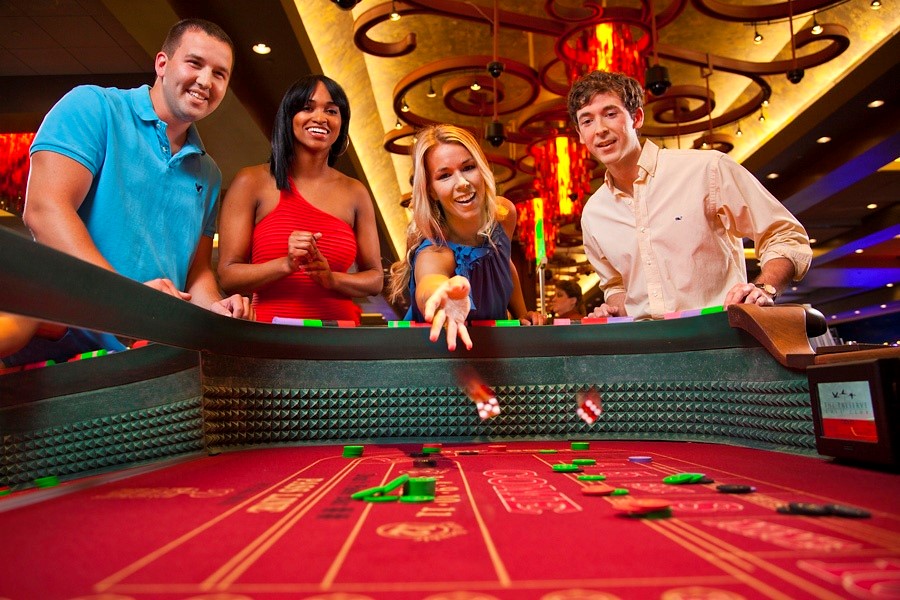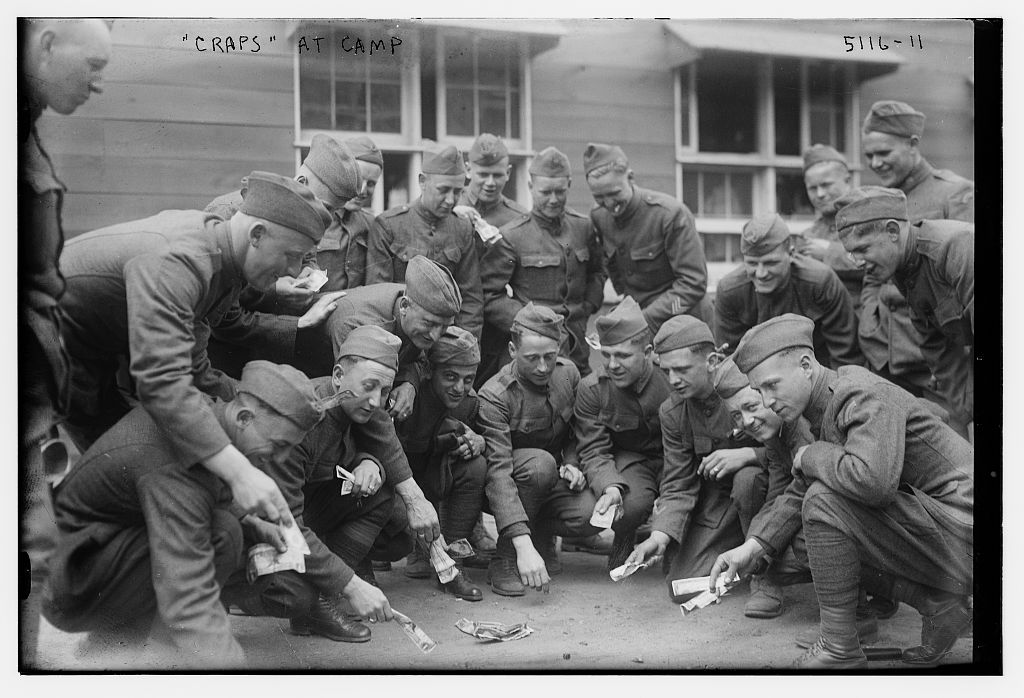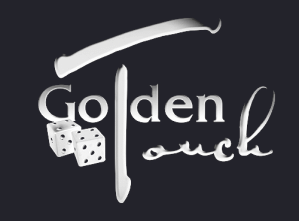
The origins of craps

Craps is a game that can be found in casinos across the world, from Las Vegas to Macau. The player participation and live action elements of the game make it a casino staple that will always draw a crowd. But where did the game of craps come from, and how did it end up taking the form and rules that it has today?
Like the history of many casino games, the origins of craps are lost in the mists of time, but many credible theories abound.
It some ways, craps can be traced right back to the earliest civilisations, with dice found in ancient Egyptian tombs and mentioned by Sophocles in ancient Greece. With the outcome of any given throw seen to be in the hands of fate, dice were even used to make important decisions in the ancient world and to seek guidance.

Dice games developed amongst Roman soldiers, who cast dice formed from pig knuckles into their shields. More soldiers, this time crusaders under the leadership of Sir William of Tyre, created a dice game called “Hazard” while laying siege to a town called Hazarth in 1125. A different theory claims that the name actually comes from the Spanish word “azar”, which means “an unfortunate roll of the dice”.
Whatever the origins of Hazard, the game went on to become hugely popular with the nobility of Europe, for whom dice games were a major social event. It is even said that Henry VIII lost the bells of St. Paul’s Cathedral in a single throw during one game.
How Hazard came to America is hotly disputed, with some claiming that the French brought it with them to Acadia (which is modern-day Nova Scotia) and others saying that settlers on the Mayflower brought the game. The most popular theory is that a young man—with the magnificent name of Bernard Xavier Philippe de Marigny de Mandeville—brought the game back from his travels in Europe.
The game continued to grow, both in established gaming houses and on the streets, but it was held back by a poor reputation for deceit and unfair house advantages. The appropriately-named John Winn soon set things right with an innovative set of rules and new wagering options whereby you could bet either for or against the thrower. This changed the game of craps (the name it had then become known by) for good and earned Winn the title of “The Father of Modern Craps”.

photo by Bain News Service.
Nonetheless, despite the noble history of craps, it was still mostly a working class game until the influence of soldiers was felt again in the first half of the 20th century. The simplicity of the game, which didn’t require a deck of cards or any other special equipment, meant that it was hugely popular amongst the forces, and returning troops sought out the game in the newly-legalised Las Vegas casinos.
As for the name, once again, there are several theories. One idea is that the name is a corruption of the word crabs, which referred to the low-scoring pair of 2 and 3. Others believe that the name comes from the French word “crapaud”, which means “toad”, referring to the crouched, or toad-like, position of many street dice players.
You can study the different theories, from ancient Greece to modern Vegas. You can read about dice games that pepper Chaucer’s Canterbury Tales. But wherever you decide that it comes from, and however it got its name, it doesn’t change the fact that craps is as exciting today as it has always been.


